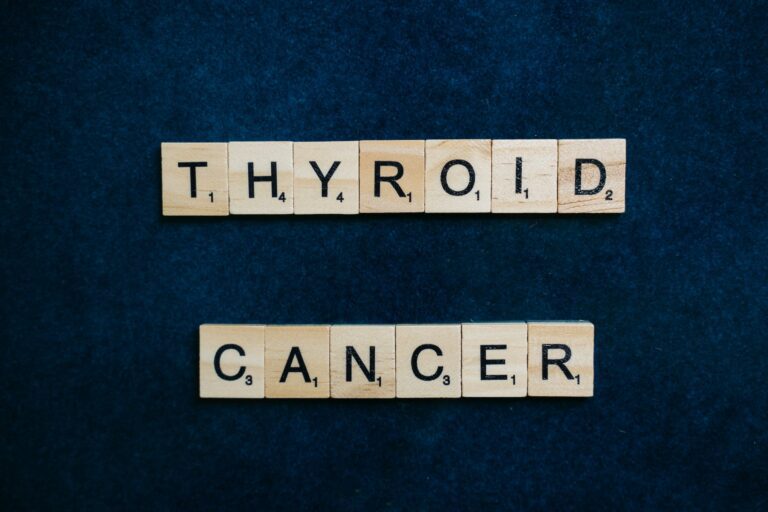When it comes to women’s health and wellness, there are a lot of topics that get discussed from time to time. Things such as menstruation, pregnancy, childbirth and menopause come into the picture quite often. However, some other important aspects regarding women aren’t often recognized as much as they should be. When it comes to thyroid problems in women, this is an area that requires more attention than people think.
Women are more prone to developing thyroid issues because of certain factors like age, genetics and so on but there are also certain things you can do to reduce your risk even further. In this article, we will discuss what exactly is the thyroid gland, and what kind of symptoms of thyroid problems in females should trigger to consult their doctor about potential issues with your thyroid gland.
What is the thyroid gland and what does it do?
The thyroid gland, also known as the thyroid gland, is a butterfly-shaped gland found in the front of the neck. The thyroid gland produces and secretes thyroid hormones (also called thyroid hormones). Thyroid hormones are essential for normal functions in the human body, including growth and development, metabolism, and regulation of body temperature.
The thyroid gland is controlled by a feedback loop, called the hypothalamic-pituitary-thyroid (HPT) axis. The hypothalamus produces thyroid-stimulating hormone (TSH), which is responsible for stimulating the thyroid gland to produce thyroid hormone. Thyroid hormone then sends a signal back to the hypothalamus, which stops the HPT axis.
Why are women more prone to developing thyroid issues?
There are several reasons why women are more prone to having thyroid issues than men. Firstly, women live longer than men, so they are more likely to develop diseases as part of the natural aging process. Secondly, women have different hormone levels than men, which can make their bodies less able to cope with or heal from injuries or illnesses.
Finally, women are more likely to have certain risk factors for thyroid disease, such as a family history of thyroid disease, certain autoimmune diseases, being overweight, being pregnant or taking certain medications. Your thyroid is a small but very important gland in your neck. It produces hormones that regulate almost every organ and system in your body. Thyroid disease occurs when the thyroid isn’t able to produce enough hormones, or when the hormones aren’t being used correctly by the body.
7 tips to prevent thyroid problems in women
- Stay active: Exercising and staying active is very important for overall health, as well as your thyroid gland. Studies have shown that people who are more active have a lower risk of developing thyroid issues.
- Manage your weight: Being overweight or obese puts you at a greater risk of developing thyroid issues. Though the exact reasons for this are not yet clear, research has shown that losing weight can help reduce the likelihood of developing thyroid diseases.
- Eat a healthy diet: Eating healthy foods can help keep your thyroid dialed in, so to speak. Foods rich in iodine, selenium, zinc and B vitamins have all been shown to be beneficial in preventing thyroid issues, such as goitrogens in cruciferous veggies and soy products.
- Don’t smoke: Smoking can lead to a number of health problems, including an increased risk of developing thyroid issues.
- Limit alcohol consumption: Excessive alcohol consumption can increase your risk for developing a number of health issues, including thyroid issues.
- Stay hydrated: Dehydration has been linked to low hormone production. Staying hydrated can help prevent this from happening and can also help reduce the symptoms of an overactive thyroid.
- Get enough sleep: Getting enough sleep can help keep your body’s hormone levels and other systems in good shape.
Conclusion
The thyroid gland is an important organ responsible for regulating many critical bodily functions. Women are more likely to develop thyroid problems than men, and it is important to be aware of symptoms that may indicate an issue. There are many ways to prevent thyroid problems in women, including staying active, managing your weight, eating a healthy diet, and avoiding substances that can harm your thyroid. If you experience symptoms that may indicate thyroid problems, it is important to consult a doctor.



